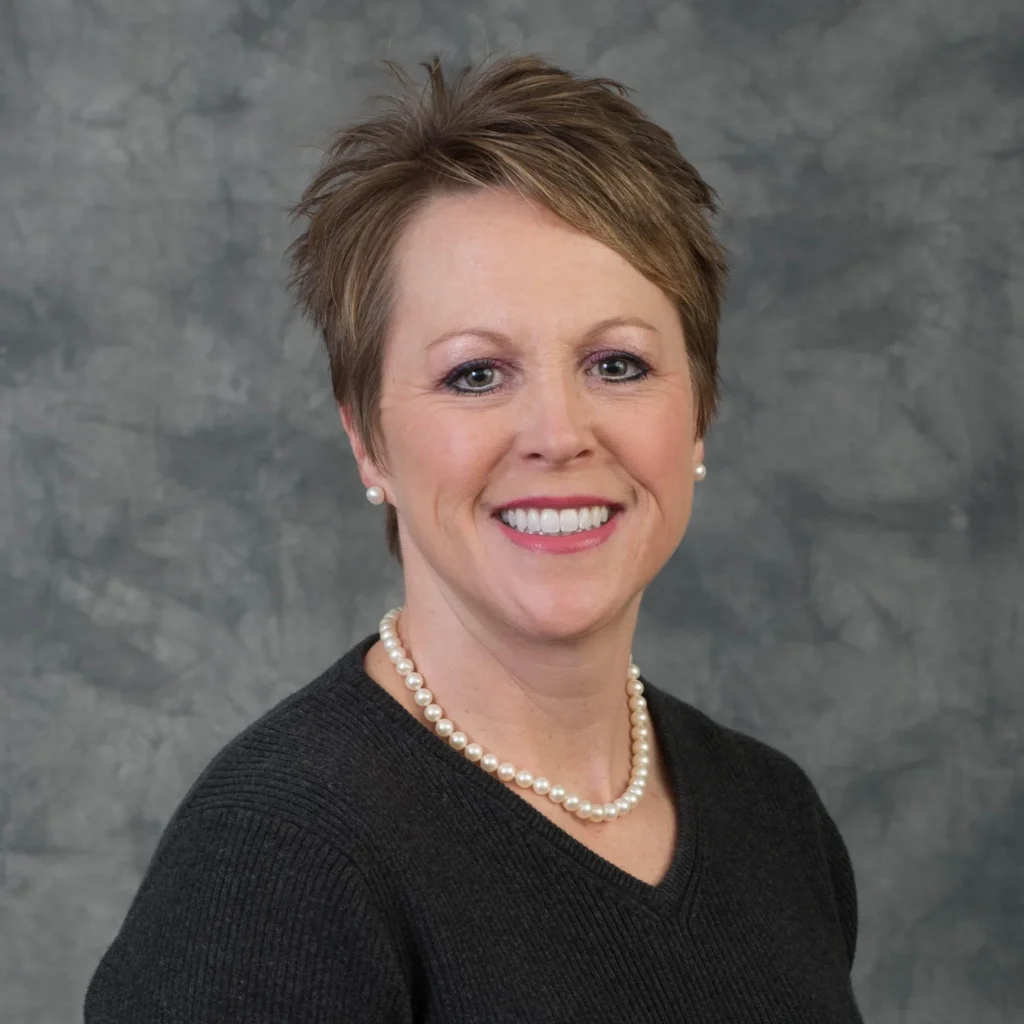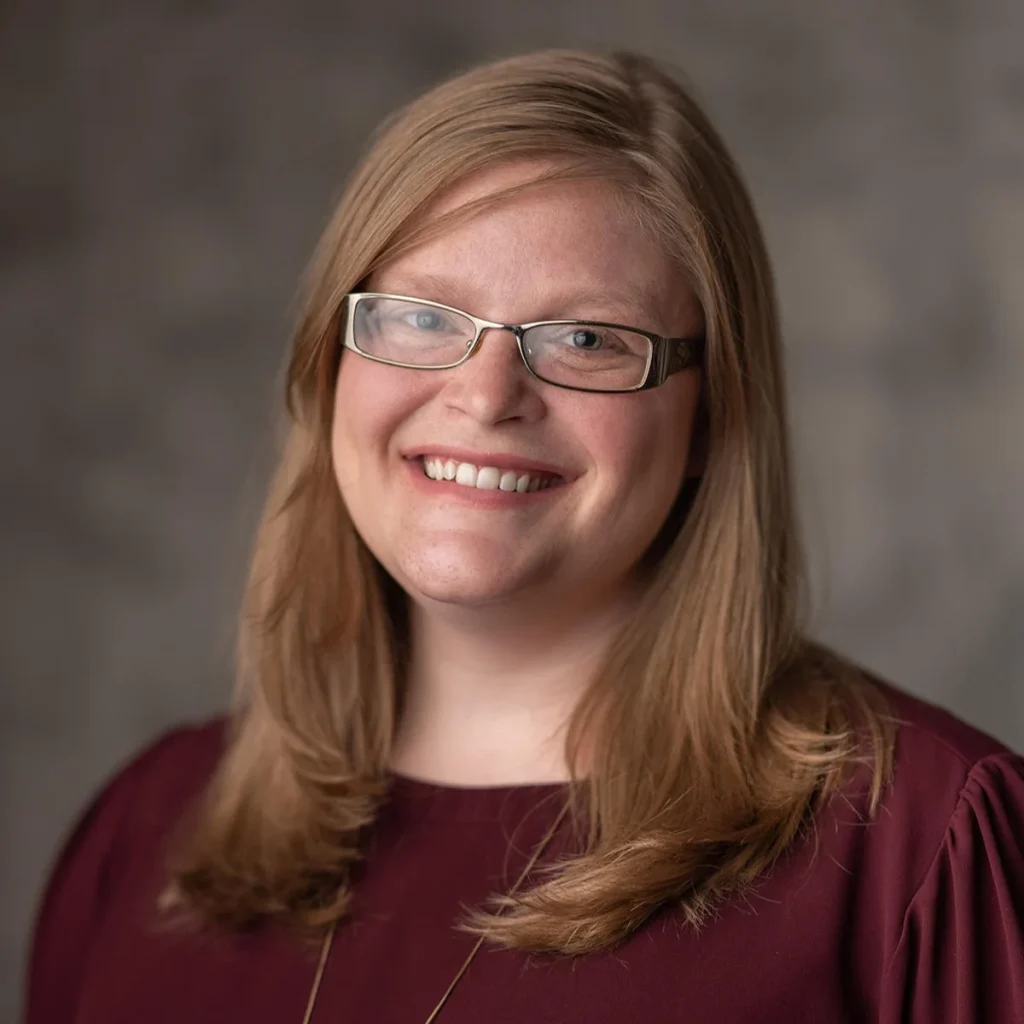From the foothills to the mountaintops, our dedicated team brings expert care directly to you and your loved ones throughout Caldwell County, North Carolina. We understand that navigating healthcare decisions can be challenging and we’re here to provide guidance and support every step of the way.

At Carolina Caring, we believe distance should never be a barrier to exceptional care. While we don’t maintain physical clinics in the area, our mobile care teams travel throughout the region – serving families from the bustling streets of Lenoir to the scenic neighborhoods of Hudson, from the welcoming community of Granite Falls to the close-knit town of Gamewell, and throughout the greater Hickory area. We bring our comprehensive hospice and palliative medicine services right to your doorstep, adapting our care approach to match the unique character of our mountain communities and the individual needs of each family we serve.
Palliative medicine is designed to support you as a person while managing serious illness. Our specialized team works alongside your current medical providers to develop a comprehensive care plan that addresses your unique needs and goals. We bring expert symptom management and supportive care directly to you throughout Caldwell County, from Lenoir to Granite Falls, helping maintain independence and comfort while dealing with health challenges.
Our innovative home care program brings healthcare directly to those who face challenges accessing medical care. Our providers ensure you receive consistent, high-quality medical care in the comfort of your own home. This service particularly benefits those with disabilities, chronic illnesses, or mobility issues that make traditional office visits difficult – especially important in our mountain communities.
Hospice care provides comprehensive support for local families navigating end-of-life care decisions. Our experienced team delivers specialized medical care, emotional support, and practical assistance wherever you feel most comfortable. We coordinate closely with healthcare providers throughout Caldwell County, including medical teams in Hudson and Gamewell, to ensure seamless care that focuses on comfort, dignity, and quality of life.
Our mobile Cardinal Kids pediatric palliative care team coordinates with mountain-region specialists and providers in Caldwell County, offering comprehensive support. We understand the unique challenges of managing complex pediatric conditions and tailor our approach accordingly.




Meet Bessie, a hospice patient who has been in the care of Carolina Caring since February...
What would you do if your baby was born with a complex medical condition? How would...
Dana Killian, President & CEO of Carolina Caring, has been appointed Chair of the Board for...
COPD is classified into four stages based on lung function tests, with stage 1 being mild and stage 4 being the most severe. Your doctor will use these tests, along with factors like age, sex, and ethnicity, to determine the severity of your condition and guide treatment options. Our team can provide support and symptom management at any stage of COPD.
Dementia typically progresses in stages, beginning with mild symptoms and gradually changing over time. Early-stage dementia involves memory loss and confusion, while mid-stage dementia can include difficulty with daily tasks and behavioral changes. In later stages, individuals may need full-time care and assistance with basic activities. Our care team provides support and guidance throughout this journey.
Most hospice care is covered by Medicare, which typically pays for all necessary services with little to no cost for the patient or family. Private insurance and Medicaid also often cover hospice care, helping to reduce financial stress during this important time.
No, not necessarily. Palliative medicine is designed to relieve symptoms such as pain, breathing difficulties, or nausea, and to reduce stress for both patients and their families. It can be provided at any stage after a serious illness diagnosis and works alongside your current medical treatments.
Download our comprehensive Hospice & Palliative Care eBook to confidently navigate the emotional and practical aspects of hospice caregiving.
Carolina Caring strives to honor your loved one and provide the care and support you need, whether through medication, therapies, or a compassionate presence. You can count on us to offer comfort throughout the journey.